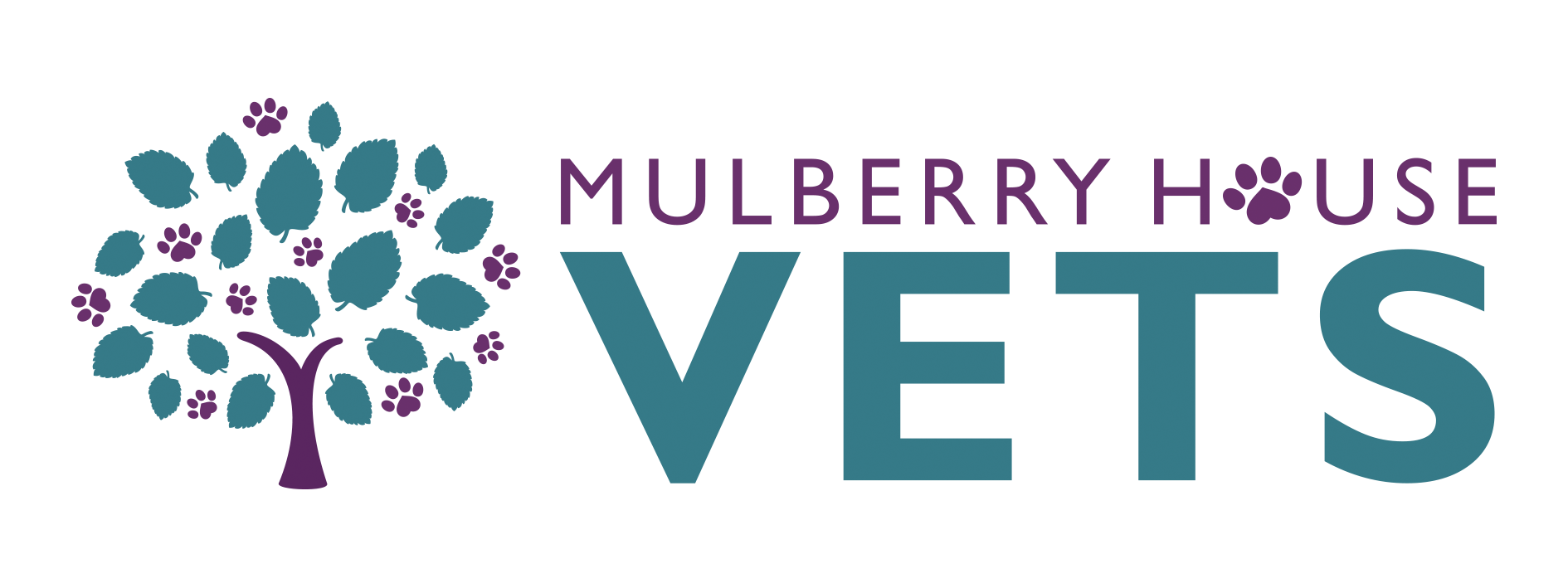Dentistry
Our dedicated dental suite includes the most up to date equipment including digital x-ray.
All dentistry is performed under general anaesthetic for the comfort and safety of our patients. We start by documenting the levels of tartar and gingivitis on each tooth. The tartar is removed by scaling then the enamel probed for lesions and the gum line checked for pockets of recession. If there are any areas of concern, we use radiography to visualise the whole tooth: 2/3 of the tooth is the root below the gum line so it is very important that we check for signs of disease that can’t be seen from the surface. Our digital x-ray machine allows these images to be seen immediately so we can make quick decisions and keep anaesthetic time to a minimum.
We perform surgical removal of teeth if necessary and usually the extraction sites are sutured with dissolvable stitches.
Finally, the teeth are polished with special toothpaste to ensure the surface is smooth which helps to prevent build up of plaque in the future.

Similarly to human dentistry, if a patient has multiple diseased teeth which require extraction, we recommend that this is performed over two stages.
Stage 1
Full dental examination including xrays.
Cleaning with a high speed scaler to remove tartar above and below the gum line.
Periodontal disease assessed by probing for enamel lesions and gum recession.
X-rays taken to assess the tooth roots which make up 2/3 of the tooth revealing disease which can’t be seen from the surface
This procedure takes approximately one hour and allows us to fully assess a pet’s dental health. If no tooth extractions are required, the patient will be recovered from their anaesthetic.
If there are diseased teeth, the vet will establish exactly how many and what the cost will be for these to be removed. Routinely, we will proceed with extracting any teeth which are urgently causing discomfort, or those which we can do so within a maximum anaesthetic time of two hours.
If extensive extractions are required which will take anaesthetic time over 2 hours, we will stop at this point and the patient will be recovered from their anaesthetic. When you collect your pet we will clearly explain which teeth will need to be extracted at a further date and the costs involved.
Stage 2
Takes place 4-6 weeks after the first procedure.
Diseased teeth extracted as planned.
Post-extraction x-rays confirm complete removal of all roots.
Scale and polish of remaining teeth if required
Benefits of staged dentistry:
- Enhanced patient safety: Two shorter anaesthetics are significantly safer than a single prolonged anaesthetic.
- Faster, smoother recovery: Patients recover better with fewer post- anaesthetic complications after shorter procedures.
- Improved communication and transparency: If further extractions are needed, you will receive a detailed explanation of which teeth need to be removed (including x-rays, photos and annotated dental diagrams) and the costs involved.
Costs: Mulberry Club members receive 10% off dental treatment
This includes day hospital stay, general anaesthetic, intravenous fluids, descale teeth, periodontal assessment, xrays as required, teeth polish.
If Stage 2 is required for further extractions, these will be clearly explained after the first procedure.
9 year old terrier dog:
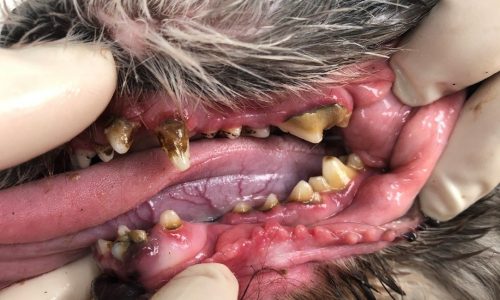
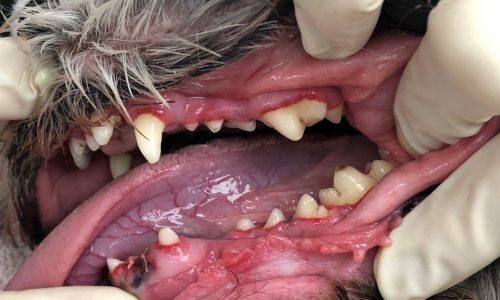
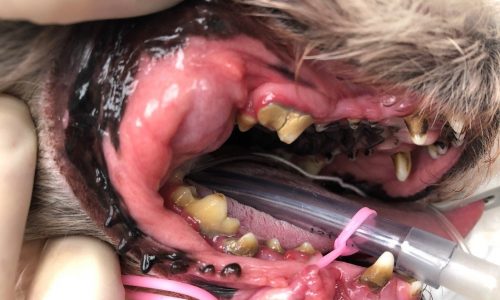
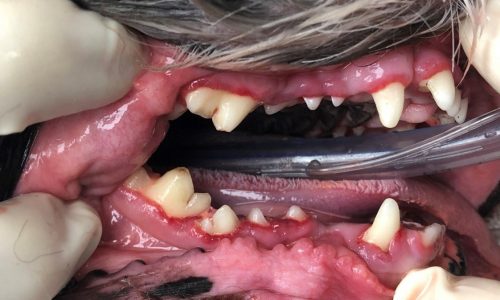
12 year old crossbreed dog:
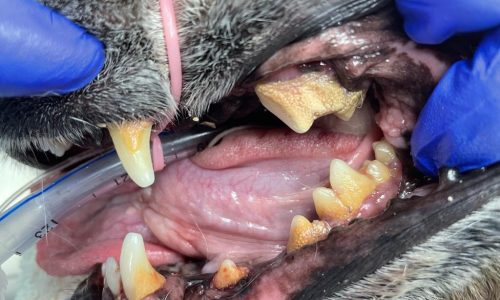
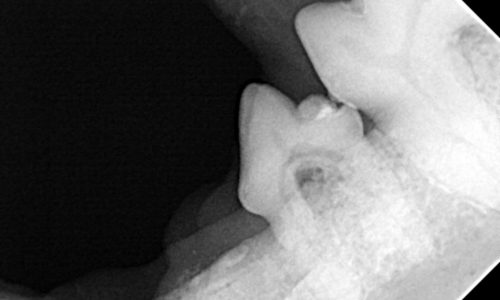
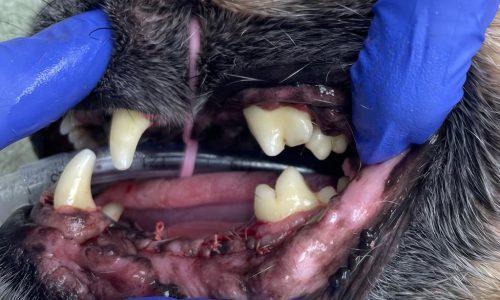
Tooth resorption
Tooth resorption is a common and painful condition affecting cats of all ages and it can occasionally affect dogs too.
The underlying cause is yet unknown, it is not related to build up of tartar and cannot be prevented by dental hygiene.
Resorption of the tooth begins in the root around the gum line. The root is eroded and gradually dissolves. This resorption continues inside the crown of the tooth, weakening the enamel and resulting in exposure of the sensitive nerves leading to pain.
Some cats will show signs of dental pain including reluctance to eat especially hard biscuits, salivation or sensitivity to the jaw being touched. However, many cats will show no obvious signs of pain and seem to eat as normal – some will even gobble their food to avoid chewing so may be seen as eating more than usual!
Tooth resorption can often be recognised on routine examination as a small area of pink at the gum line. When the vet spots this tell-tale sign, they will recommend your cat has an examination under general anaesthetic so that x-rays can be taken to assess the full extent of the disease
These images of Mulberry House patients show how important dental xrays are – a very subtle lesion seen on the tooth can have a large erosion underneath.
The diseased teeth will need extracted and the xrays will show the vet whether the entire roots need to be extracted or only the painful crown removed.
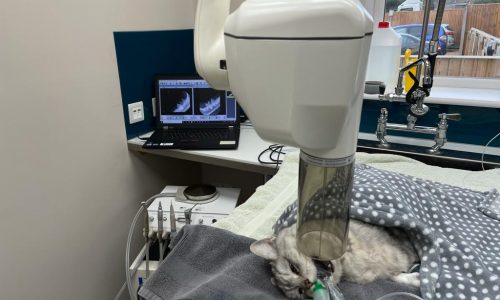
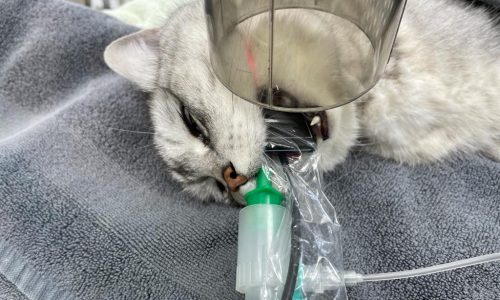
8 year old British shorthair cat:
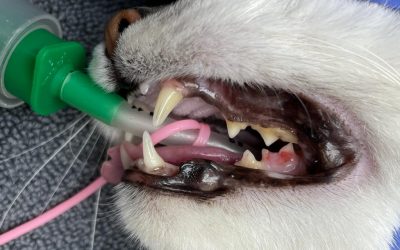
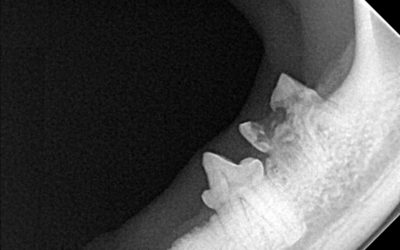
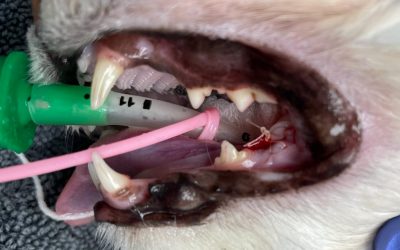
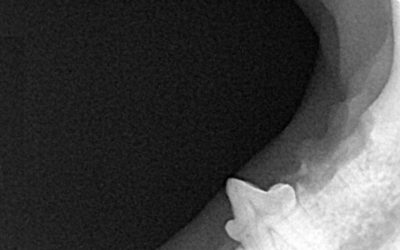
13 year old domestic shorthair cat:
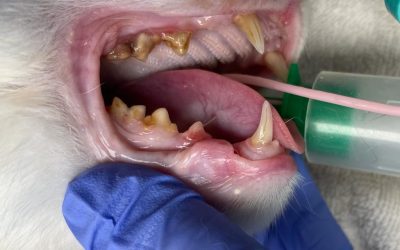
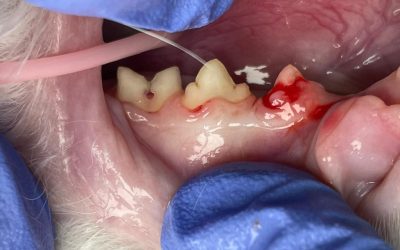
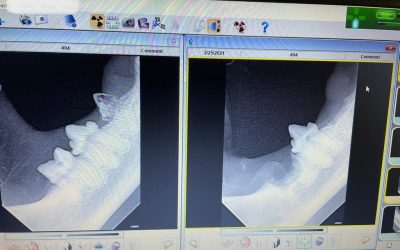
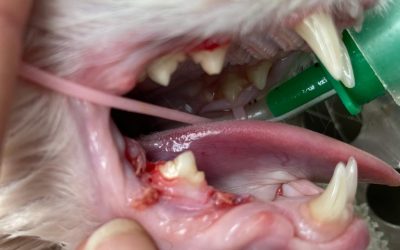
Find Us
Opening Hours
- Monday - Friday8:30 - 18:30
- SaturdayClosed
- SundayClosed
- Bank HolidaysClosed
Opening Hours
- Monday - Friday8:30 - 18:30
- Saturday8:30 - 14:00
- SundayClosed
- Bank HolidaysClosed
Emergencies
If you have any concerns about your pet's health while we are closed, please call our our of hours emergency providers, Medivet 24 Hour Wokingham on:
01189 790 551
Book an
appointment
We know how busy life can be. Online appointment booking available 24/7.
Book appointmentEmergencies
If you have any concerns about your pet's health while we are closed, please call our our of hours emergency providers, MiNightVet on:
0118 973 3466

